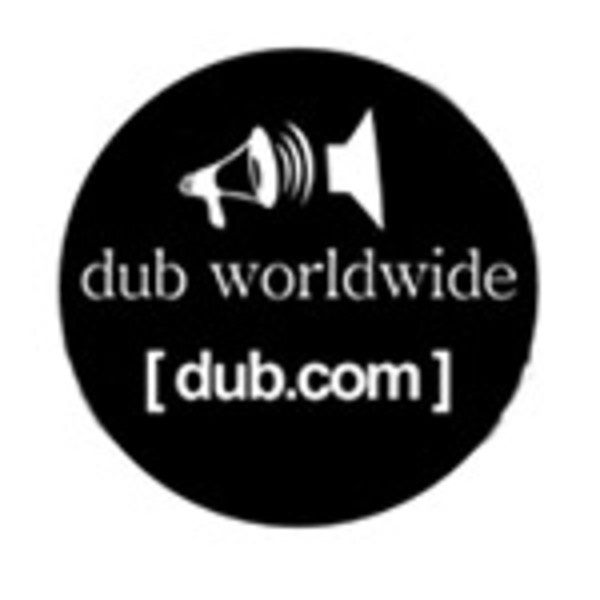Dub Tech
By 2006, Swiss dub producer The Interruptor had placed multiple tracks on the popular UK […]

By 2006, Swiss dub producer The Interruptor had placed multiple tracks on the popular UK electronic compilation series The Roots of Dub Funk, released a debut album, and recorded a single with Jamaican vocalist Andrew Robinson for his own Interruptor imprint. But when it came to producing music, he realized that he was not entirely self-taught. Instead, he acquired knowledge by listening to Jamaican recordings and working with fellow electronic music producers to reach new levels.
Rather than hoarding his own knowledge, he founded one of the web’s best resources for aspiring dub producers, TheInterruptor.ch, which hosts everything from a lively discussion board where producers swap tips, to a hearty collection of dubby VST plug-ins. And that’s but a single branch of this site’s tall tree of information. Click on The Dub Scrolls and you’ll get an excellent step-by-step tutorial on dub music production. The links page provides even more resources for those looking to get their reggae diploma from the University of Mouse Click. And it looks like Interruptor has company.
Dutch producer Messian Dread also aggregates an insane amount of musician and producer soundfile (WAV, MP3, SF2, MIDI) downloads. Messian is also a frequent contributor renowned dub portal Versionist. The online community, founded in 2002, allows aspiring producers to upload and share their audio and visual dub content, swap producer tools, and even host their own blogs. The site has grown to include over 1000 dub, reggae, and roots artists worldwide, hailing from France, the USA, and Africa, among other nations. Versionist is a tribute to the international connections that both reggae music and technology have provided.
But don’t forget a site close to the XLR8R crew’s hearts; of course I’m talking about Dub.com. Programmer Stephen McGarrigle has worked tirelessly for years, creating a highly interactive portal for all things dub. And, of course, he was smart enough to reserve the domain years before the reggae community migrated online. It’s a sign that, just as Scientist, King Tubby, and others embraced new technologies that transformed the sound of Jamaican music in the ‘60s, ‘70s, and ‘80s, the tradition is being carried on by a new generation of reggae loving tech-heads around the globe.

